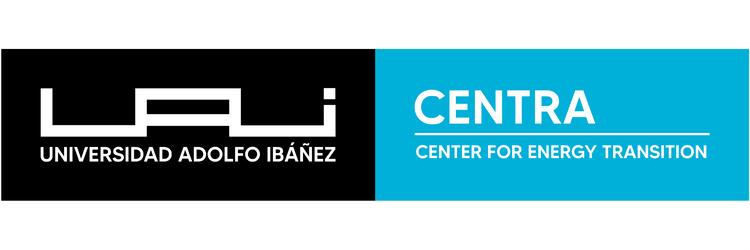The energy portfolio in Chile has been forging a seal of sustainability
April 2, 2022
One of the government’s primary responsibilities is to create favorable conditions in terms of economic signals and legal certainty for the efficient development of energy transition technologies, according to Daniel Olivares, Director of the Center for Energy Transition (CENTRA) at Universidad Adolfo Ibáñez, in an exclusive interview with Revista Energía.
What are the major challenges in Chile’s energy transition?
In general, the main challenge of the energy transition is finding the right balance between the costs society must bear in the present and in the future to achieve net-zero greenhouse gas emissions. In my view, this balance cannot be determined based solely on technical analysis today, as the true costs of faster or slower transitions to a carbon-neutral energy matrix remain largely unknown.
Therefore, the challenge translates into building political consensus regarding the pace of the transition, and consequently, the costs society must progressively assume.
On a practical level, we must decide as a society which generation technologies should complement renewables in the coming years to ensure a reliable supply while moving towards carbon neutrality. At the same time, we must determine to what extent the energy transition can be left to competitive markets and in which cases State intervention is necessary to guide the market’s response within specific timeframes.
Within the priorities and feasibility considerations, which tasks should this government focus on first?
One of the government’s main tasks is to create favorable conditions in terms of economic signals and legal certainty to enable the efficient development of energy transition technologies.
This requires:
- Establishing a regulatory framework and market design that promote the efficient development of both short- and long-term energy storage solutions, which are crucial for managing the high variability of renewable generation.
- Eliminating structural barriers to developing Chile’s vast distributed energy resources (DER) potential, by implementing a comprehensive reform of the electricity distribution segment. This reform should align the incentives of distribution companies and developers to ensure an efficient, sustainable, and secure electricity supply.
How can academia accelerate innovation in the energy transition?
Academia in Chile has been actively involved in developing analyses and solutions for energy sector challenges. This has been achieved through:
- Applied research.
- Supporting public policy design.
- Regulatory and market studies that have helped build consensus around validated solutions.
Over the past decade, Chilean academia and research centers have also developed a critical mass of researchers capable of leading technological advancements in energy production, supply, and consumption—even to the commercialization stage.
However, private sector initiatives leveraging this potential remain scarce. That said, the growing challenges of the energy transition, coupled with the creation of innovative industry-academia collaboration programs, will likely lead to the emergence of new tools, technologies, and business models in the medium term.
Do you believe there is a sustainability focus in Chile’s energy portfolio? Why?
Chile’s energy portfolio has been gradually establishing a sustainability focus, particularly through the mass integration of renewable energy into the electricity sector. More recently, strategic initiatives have been published to maximize Chile’s renewable potential in fossil-fuel-dependent sectors, such as:
- The National Electromobility Strategy.
- The National Green Hydrogen Strategy.
Much of this trend is driven by the dramatic decline in renewable energy project costs, which has significantly transformed Chile’s generation mix over the past decade. This, in turn, has led to the massive development of renewable projects, primarily driven by private sector initiatives.
CENTRA is launching an industrial innovation program with ACESOL this month. What is this project about?
As part of CENTRA’s initiatives to engage with local stakeholders, we have designed the Industrial Research Program (IRC), which aims to promote applied research focused on addressing key industry questions in the Chilean energy sector.
The first IRC program will begin in April 2022, sponsored by ACESOL, and will focus on:
- Generating new knowledge and tools for the efficient integration of distributed energy resources (DERs) in Chile.
- Informing regulatory and policy changes.
- Facilitating investment and operational decision-making for distributed energy resources.
What message would you give to the government and the industry for 2022?
To ensure the success of the energy transition, it is critical that both sectoral authorities and private sector actors work together to reach consensus on the necessary changes to achieve energy sector emission reduction targets.
Additionally, mechanisms must be established to prevent short-term concerns from hindering the implementation of long-term solutions.
The first step is for the Ministry of Energy to reaffirm its long-term public policy objectives for the sector, ensuring alignment across all stakeholders.

